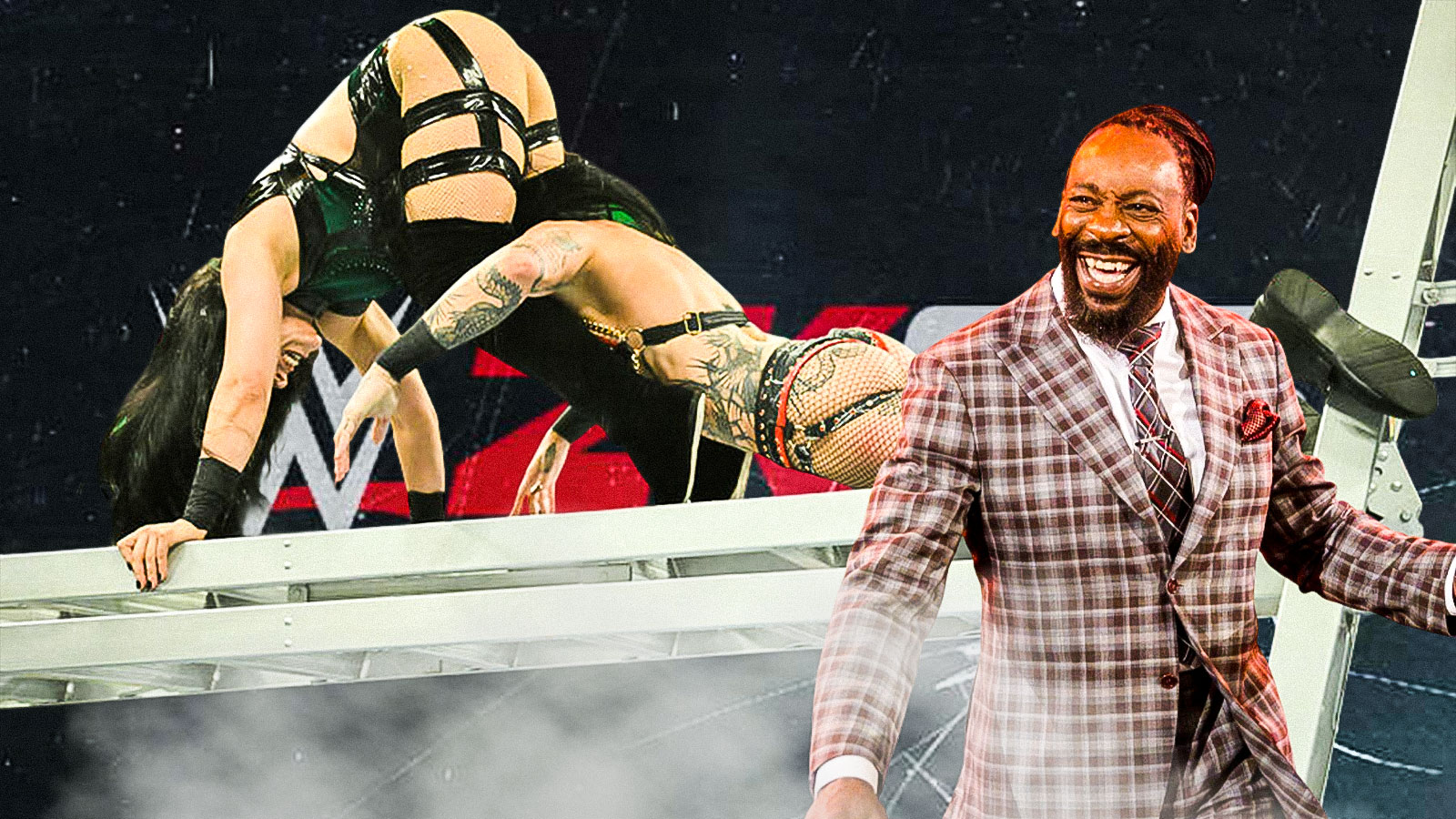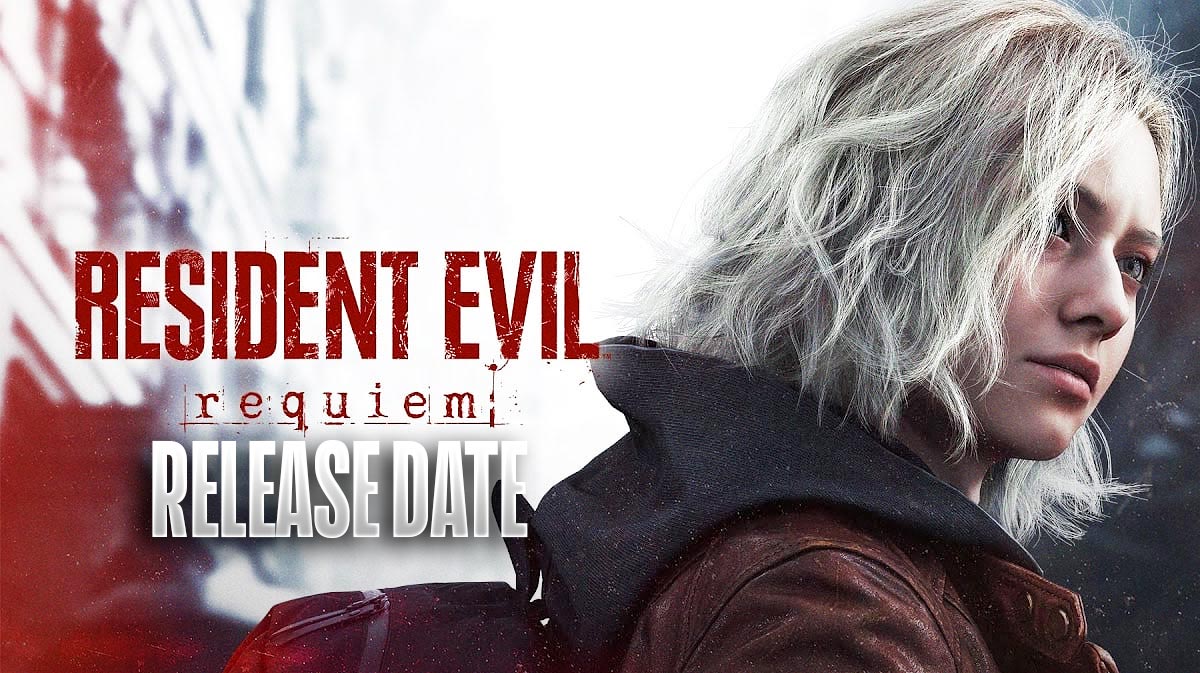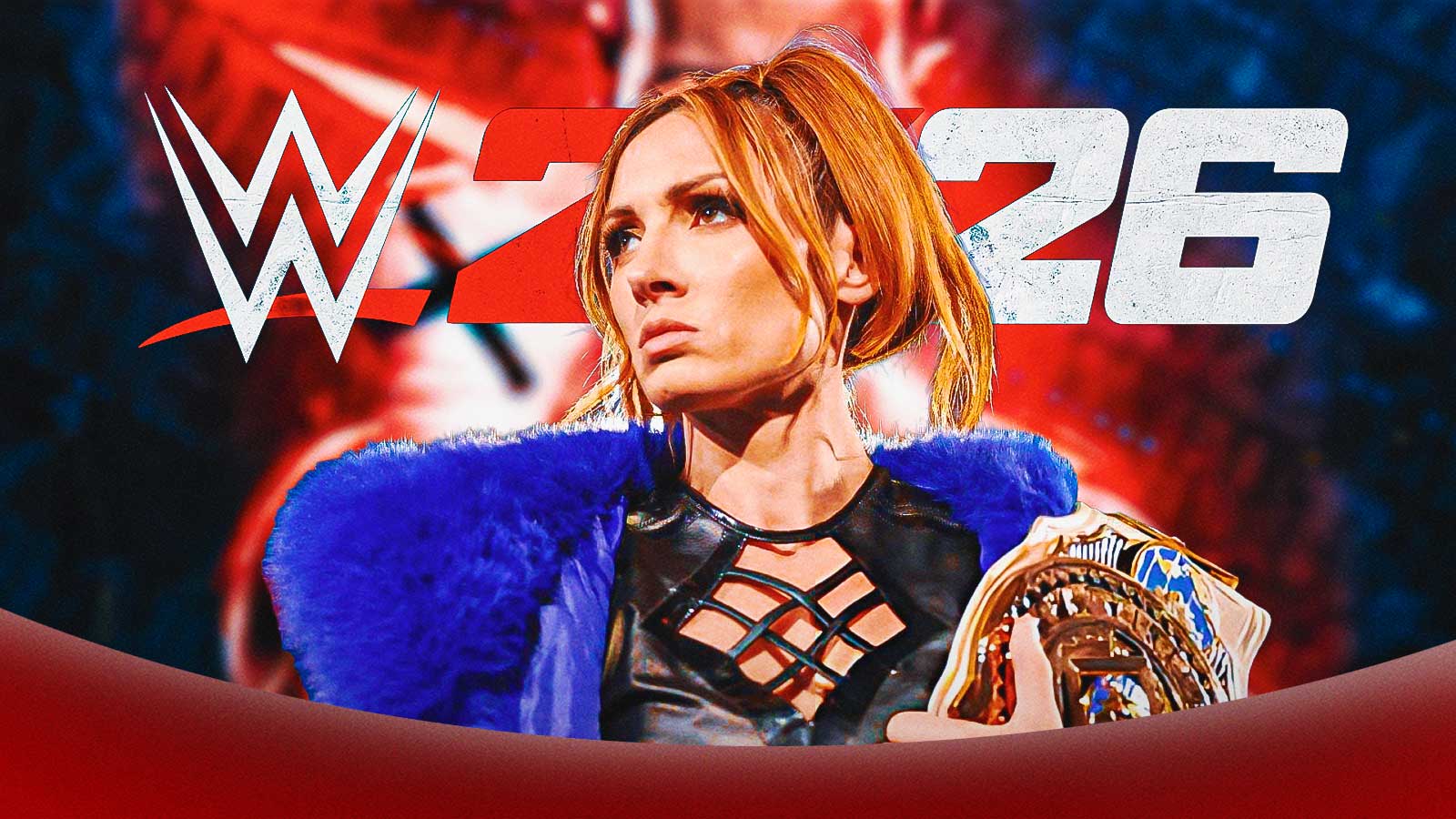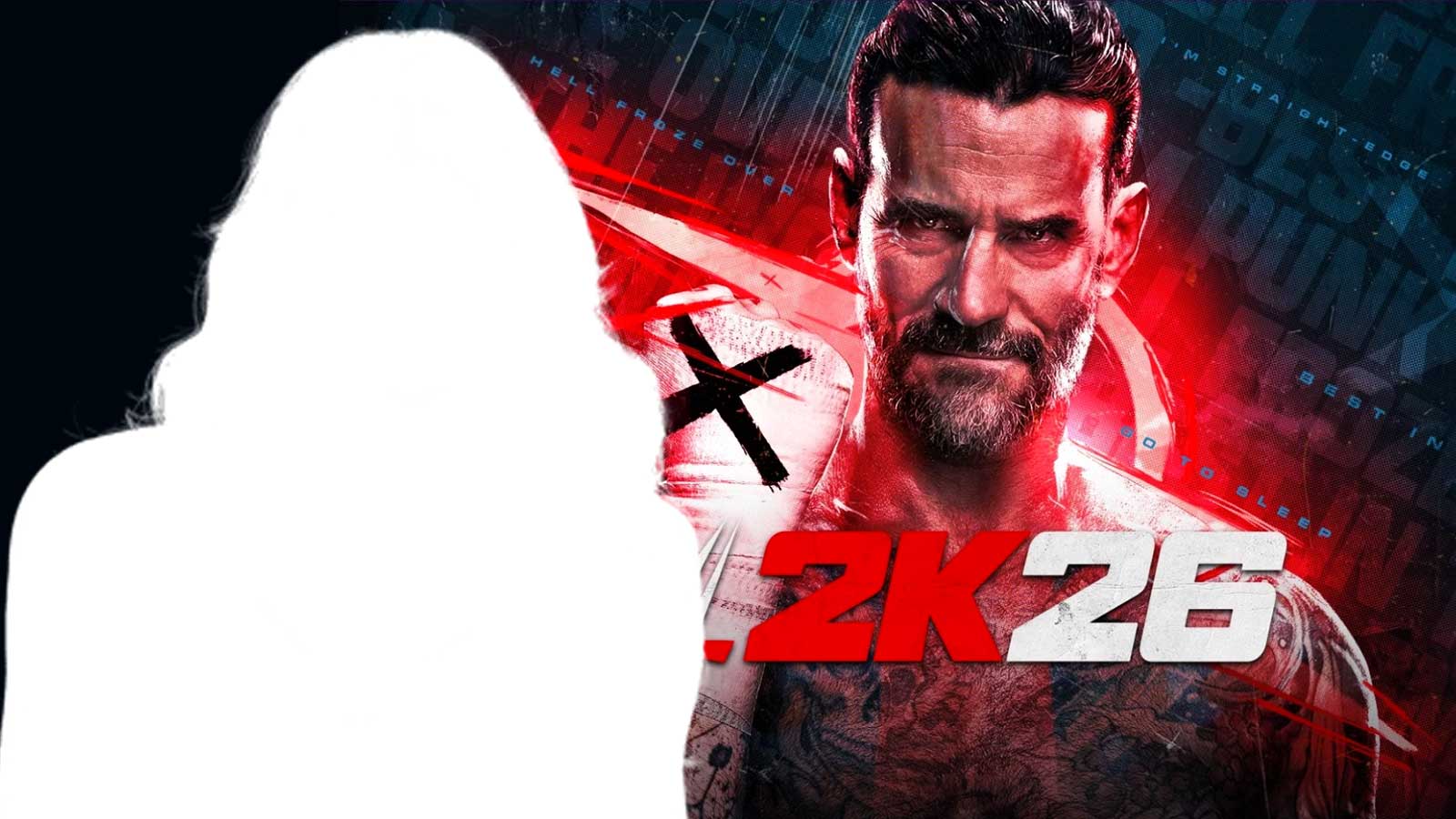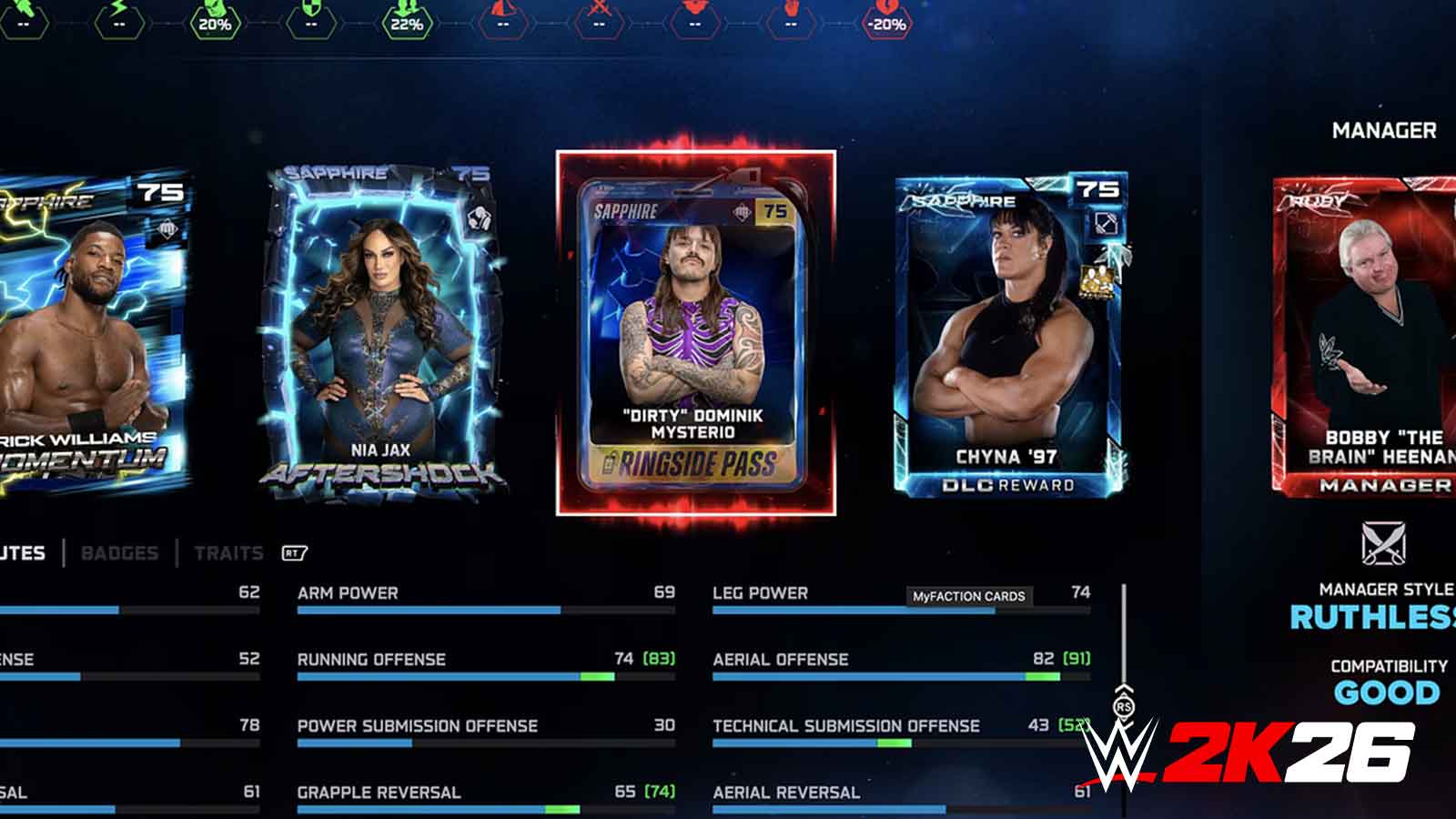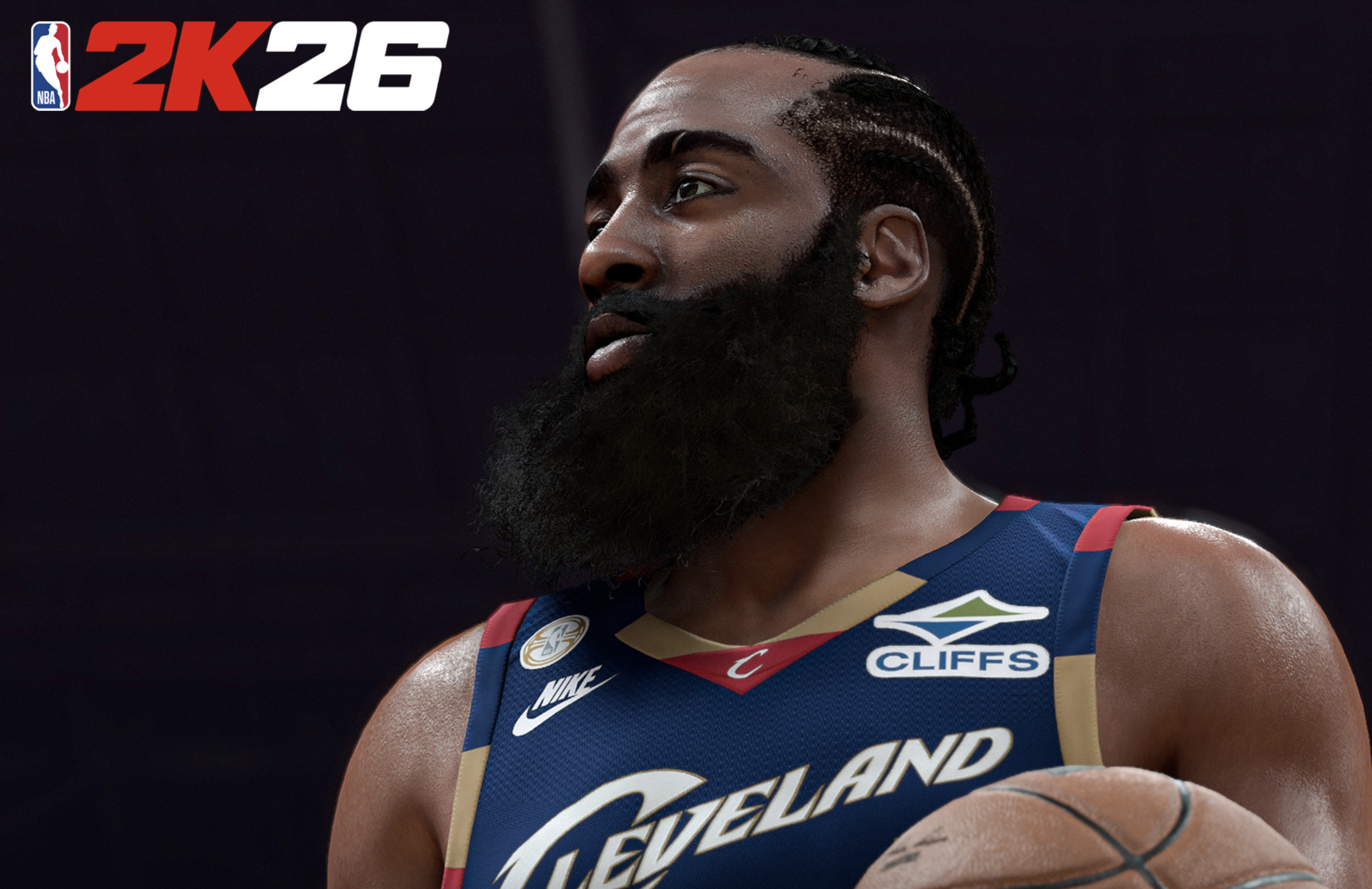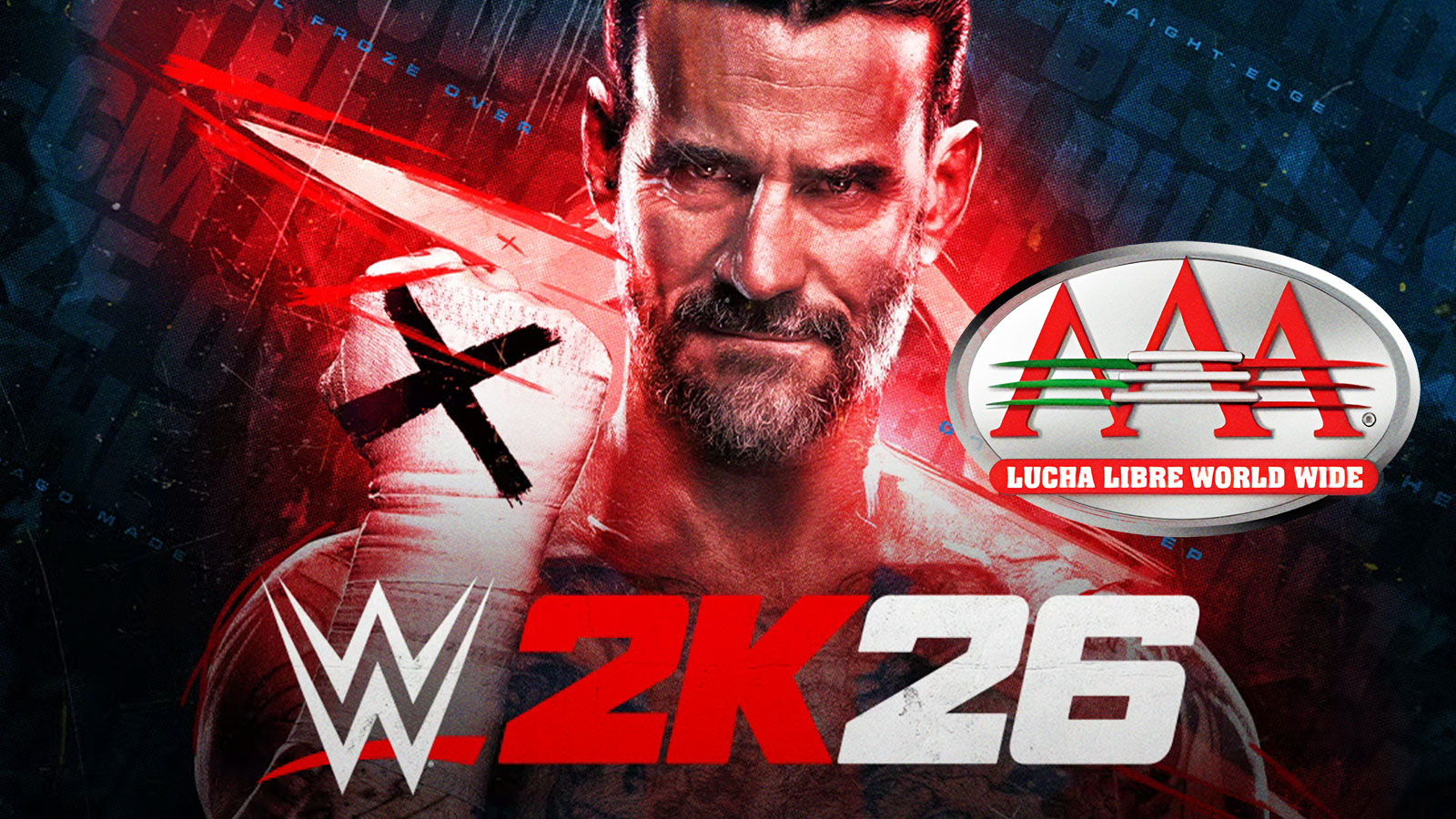Riot Games will soon record and evaluate Valorant voice chat in their effort to combat disruptive behavior.
In a short and concise statement, Riot Games announced that they have updated Valorant's Privacy and Notice and Terms of Service, modifying it to allow Riot to record voice communications made by players while playing the game. The objective is to use voice communications as a possible indicator of toxic and abusive behavior in-game, contributing to Riot Games' larger effort of giving all of its players the best and safest experience possible while playing their games. This will be done by feeding the sampled Valorant voice chat recordings to a language learning tech. What will happen is, that when a player gets reported for toxic or disruptive behavior, Riot will feed the recording of that player's voice chat to the machine. The objective is to collect clear evidence that could verify any violations of behavioral policies before Riot can take any action. Riot also says that this will allow them to better communicate with the erring player why they got reported.
Riot will begin a background launch of its voice evaluation system in North America for English-language communications starting July 13. However, for this phase of the voice evaluation system, Riot will not yet use voice evaluation for disruptive behavior. Rather, the background launch on July 13 is merely to help train Riot's language models and get the tech in a good enough place for a beta launch later this year. Riot hopes that, when proven successful, they can also use the same methods in their other games as pioneered here in Valorant. Riot assures its players that, before they launch the tool for actual evaluation of player behavior, they will only do so if they are already “confident it’s effective, and if mistakes happen, we have systems in place to make sure we can correct any false positives (or negatives for that matter).”
Earlier this year, Riot shared its plans to use voice comms as a way to evaluate player behavior. “Voice evaluation would provide a way to collect clear evidence that could verify any violations of behavioral policies before we can take any action,” says Riot. “This would also help us share back to players why a particular action resulted in a penalty.”










